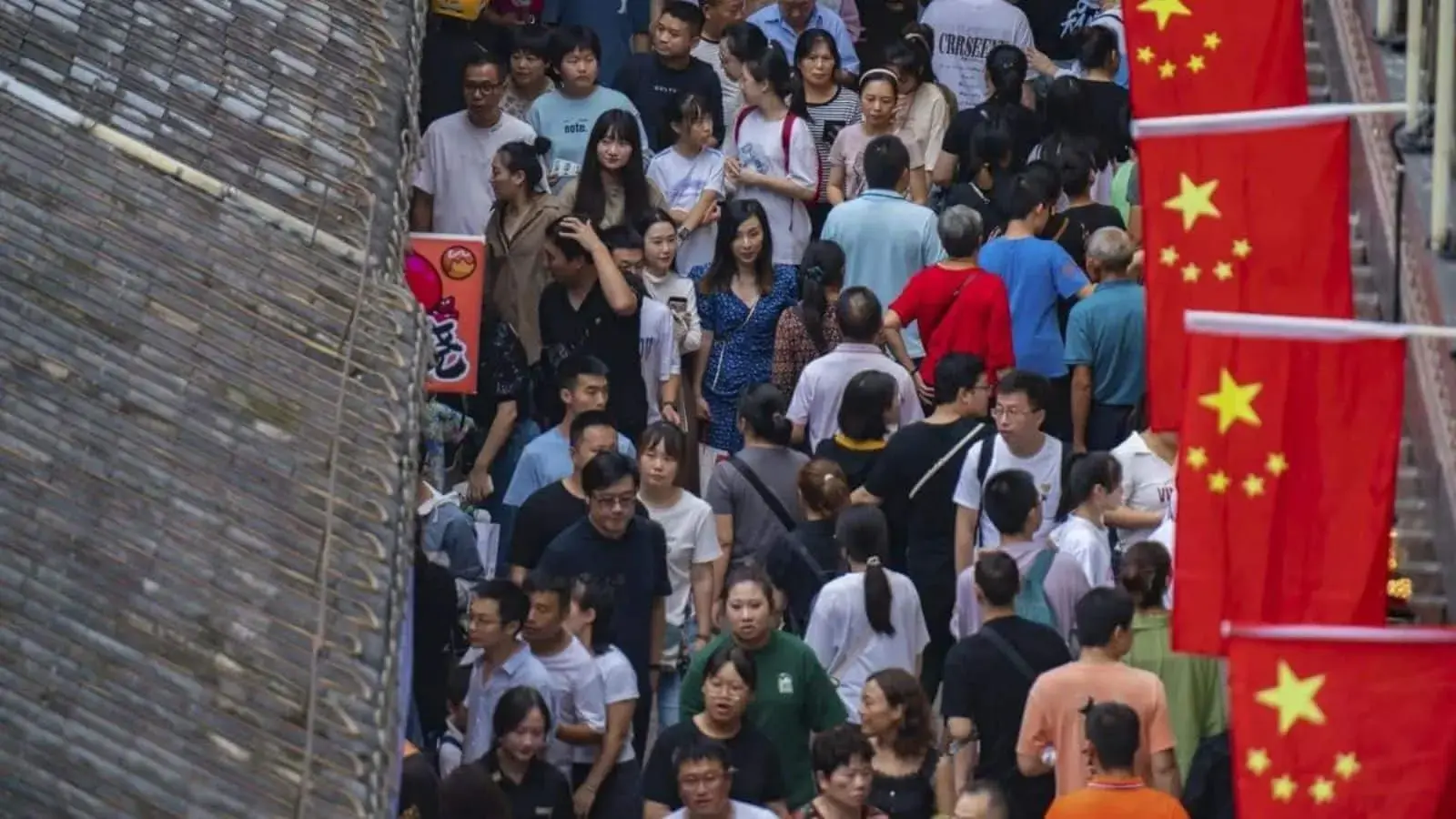Cross posted from: https://feddit.de/post/11225617
Over the past five years, China’s household debt has surged by 50%, reaching an estimated total of US$11 trillion. This is largely attributed to a sustained housing boom, in which people have borrowed heavily to invest in multiple properties.
In response to the escalating debt crisis, the government has placed debt defaulters on a blacklist and face severe restrictions on their daily activities. Approximately 8.3 million people, representing about 1% of China’s working-age adults, find themselves on this list. In case of unpaid debts, authorities seize a person’s income to cover the liabilities, leaving them with a meager allowance to meet their daily expenses.
They are also barred from high-speed rail and air travel or participating in leisure activities such as vacations. while some are even banned from employment as civil servants.
Non-compliance with these restrictions can lead to detention by authorities.



They are part of the CCP or at the very least extremely closely associated with it. Nobody becomes a billionaire in China without being part of the political caste - and the upper echelons of this political caste are very much a rich men’s club:
https://www.cnbc.com/2017/03/02/chinas-parliament-has-about-100-billionaires-according-to-data-from-the-hurun-report.html
The problem is that the closer they are to the sun, the more likely it is for them to get burned. Get too far away though and you freeze to death. Xi likes his old-fashioned purges and it’s all too convenient to have political enemies disappeared for sins that everyone in the elite is guilty of, but only those who displease the God Emperor or might pose a perceived or real threat will ever be convicted of. And if that’s not enough, just make something up, because there is no independent judiciary and certainly no rule of law either. Xi’s rule even started with Cultural Revolution style public self-confessions of his enemies, except now they are on prime-time TV, even if the preceding torture is exactly the same and the scripts remain unchanged. They have become a staple of his rule, a regular feature of evening news, featuring an eclectic mix of business moguls, movie stars, politicians, journalists, influencers, etc.
@[email protected] @[email protected]
The level of control by the Chinese Communist Party (CCP) wielded over the enterprises in China is extremley high, and this is true for state-owned enterprises (e.g., China National Petroleum, State Grid, Sinopec) as well as ‘private’ companies.
The combined assets of state-owned enterprises in China amount to +60 trillion USD, the equivalent of ~80% of the world’ GDP (according to Freeman Chair analyses). This is so as they are strictly shielded from any domestic or foreign competition as well as from any anti-trust regulations. Under Xi Jinping, the level of control has even grown. In 2017, the CCP even amended its constitution to assert that the Party “plays a leadership role” in firms’ decision making processes. All of these state-owned companies operate in strategic industries like banking, telecommunications, utilities, etc.
The increasing level of control and political influence by the CCP is also an issue for formally private companies, however. Private firms benefit from a similar economic system of high state subsidies that often focuse on scale rather than financial health, and -again- a shield from any competition in order to become major domestic and international players (the EV car industry is currently a prominent example, as well as its donestic property market).
When Western firms compete with Chinese firms, therefore, they essentially compete with the CCP rather than an individual rival. The CCP will do whatever it takes (regulation regarding competition, state subsidies) to ensure that foreign firms are outpaced.
As successful this may be for now, it backfires in the long-term. Some weaknesses are evident in the meantime, while others are likely to emerge in the not so distant future. The all-encompassing, centrally-planning state decision maker leads to shrinking company profitaibilty already and may lead to a decline in the rate of innovation in the future. China is already facing scrutiny in Europe and the U.S. over its structural overcapacity in many industries, its hegemonial intentions, and is increasingly struggling with its demographic development of an aging and shrinking population.
As researchers like Nicholas Lardy point out, if China wants to continue its economic success in the next decades, the country needs to open up, and become a more market-led economy. For now it seems it’s heading in the opposite direction.
[Edit typo.]
there is nothing socialist about the CCP. “Communism with Chinese Characteristics” is just capitalism.
I fully agree. One of my former colleagues once said that the only thing which is worse than the capitalism we have in the west is the early-stage capitalism in China.